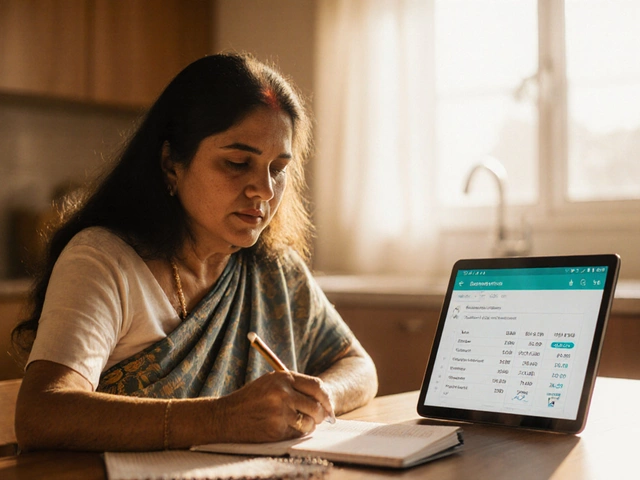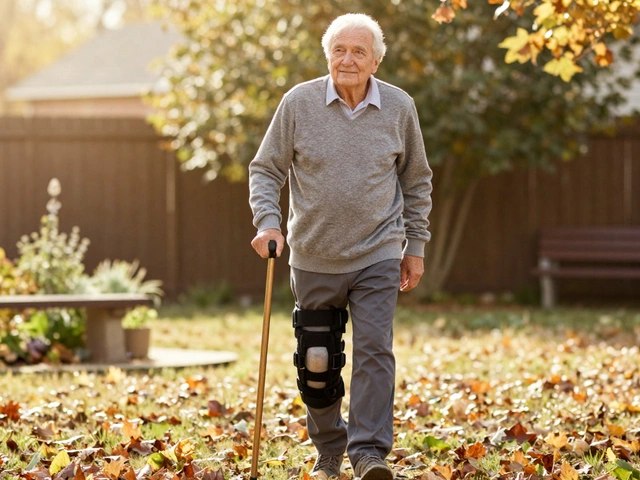Post‑Surgery Digestion Made Simple
Just got out of the operating room? Your body is already working hard to heal, and your gut is part of that team. A few smart moves can keep constipation, bloating, and nausea at bay, so you feel better faster.
Why Your Gut Needs Extra Care After an Operation
The stress of surgery, anesthesia, and sometimes pain meds can slow down your stomach and intestines. Blood flow shifts to the wound, and many patients are on opioids that tighten the bowels. Add a period of limited movement and you have a perfect storm for digestive slowdown. Knowing this helps you act before problems pile up.
Easy‑to‑Follow Digestion Plan
Day 1‑2: Clear liquids only. Sip water, broth, diluted fruit juices, and herbal teas. Keep portions small – a few ounces every hour – to avoid overloading a still‑sensitive stomach.
Day 3‑4: Gentle semi‑solid foods. Try rice porridge, mashed potatoes, plain oatmeal, or well‑cooked carrots. These are low‑fiber, low‑fat and easy on the gut. Add a pinch of salt if you feel light‑headed.
Day 5 onward: Add fiber slowly. Introduce whole‑grain toast, bananas, applesauce, and stewed veggies. Aim for 15‑20 grams of fiber a day and increase by 5 grams every two days. Too much fiber too fast can cause gas, so pace yourself.
Hydration is key. Drink at least 1.5–2 liters of fluid daily unless your doctor says otherwise. Warm water with a squeeze of lemon stimulates stomach juices. If you’re on IV fluids, still sip small amounts of oral fluids when allowed.
Probiotics help reset the gut. A spoonful of plain yogurt or kefir (look for live cultures) can ease constipation and reduce bloating. If dairy isn’t an option, try probiotic capsules approved by your doctor.
Move a little each day. Even short walks around the room improve intestinal motility. Aim for 5‑10 minutes twice daily, gradually extending as you feel stronger.
Watch pain meds. Opioids are notorious constipators. If you’re prescribed them, ask your surgeon about a stool softener or an alternative pain plan. Over‑the‑counter laxatives can help, but use them only as directed.
When you notice persistent nausea, severe abdominal pain, vomiting that won’t stop, or no bowel movement after 72 hours, call your doctor. These could be signs of a blockage or infection that need prompt attention.
Quick recap: start with clear liquids, add gentle foods, sprinkle in fiber, stay hydrated, use probiotics, move a bit, and keep an eye on medication side effects. Follow these steps and your gut will get back on track while the rest of your body heals.





